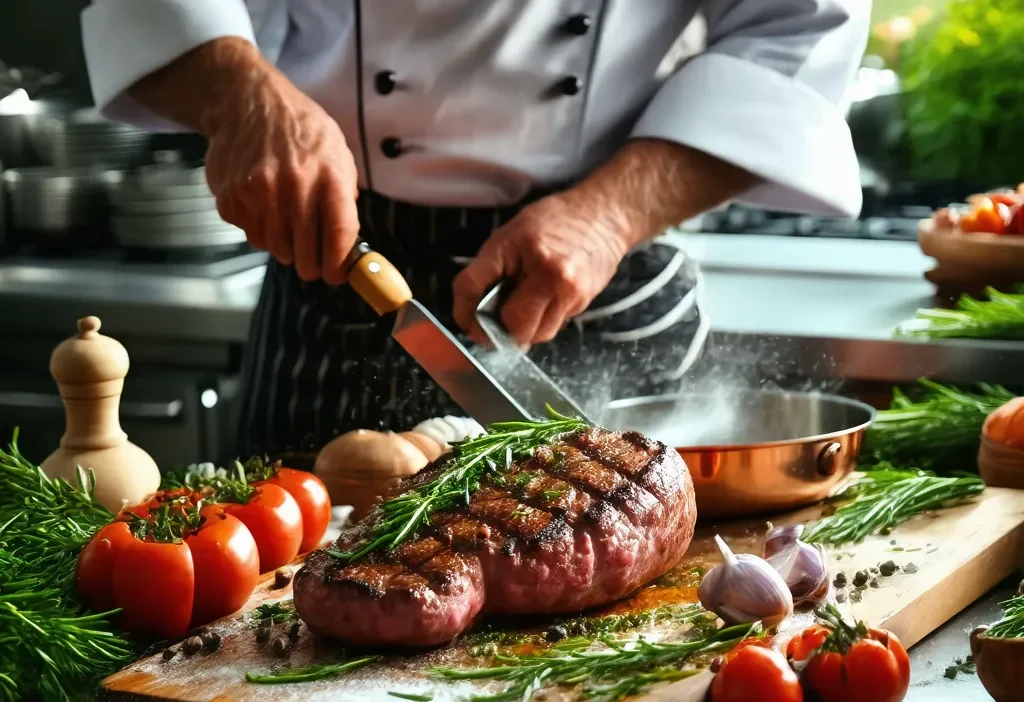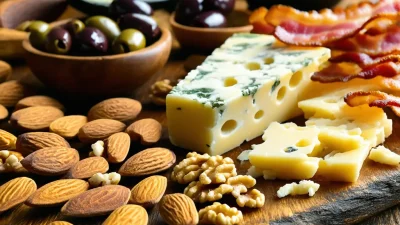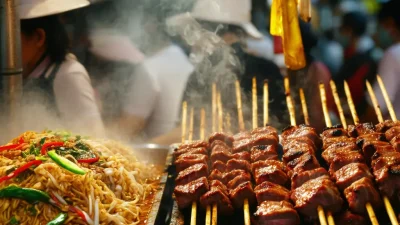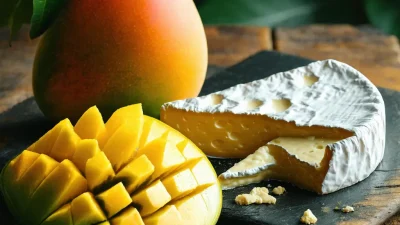Introduction to French Cooking
French cooking is renowned for its sophistication and attention to detail. To master this culinary art, you need more than just recipes—you need the expertise of professionals. In this guide, we’ll reveal techniques used by Michelin-starred chefs to elevate your dishes.
The Essentials Every French Kitchen Needs
Before diving into complex recipes, ensure your kitchen is equipped with essentials:
- High-quality cookware: Stainless steel or copper pots are a must for even heat distribution.
- Serrated knives: A sharp knife is essential for precise cuts and beautiful presentation.
- Cooking oils: Use clarified butter or high-quality olive oil for rich flavors.
Mastering Classic French Techniques
The foundation of French cooking lies in its classic techniques:
- Sautéing: Cook ingredients quickly over medium heat to retain flavor and texture.
- Braising: Slow-cook tougher cuts of meat with aromatic vegetables for tender results.
- Emulsifying sauces: Achieve perfect textures by slowly adding fat while whisking constantly.
Sources of Inspiration and Learning
To refine your skills, explore these resources:
- Saveur: Features authentic French recipes with a modern twist.
- Bon Appétit: Offers expert tips and elegant dishes.
- Food Network: Provides step-by-step tutorials from professional chefs.
Common Mistakes to Avoid
Even experienced cooks make errors. Here’s how to avoid them:
- Overcooking vegetables: Keep them crisp-tender for optimal flavor and texture.
- Under-seasoning: Taste as you go and adjust seasoning gradually.
- Neglecting presentation: Plating is part of the dining experience—make it appealing.
Tips for Perfect Presentation
Learn how to make your dishes visually stunning:
- Garnishes
- Add fresh herbs or edible flowers for a vibrant finish.
- Color contrast
- Pair earthy tones with bright elements like citrus slices or microgreens.
- Crisp textures
- Incorporate fried items or caramelized onions to add interest.
The Art of Pairing Wine and Food
Enhance your dining experience with complementary pairings:
| Dish | Recommended Wine |
|---|---|
| Coq au Vin | Burgundy Red |
| Lobster Bisque | Sauternes |
| Beef Bourguignon | Pinot Noir |
Conclusion
Mastery of French cooking is a journey that rewards patience and practice. By adopting these expert techniques, you’ll create dishes that rival those found in the finest restaurants. Keep experimenting, and don’t hesitate to seek inspiration from culinary masters online or through cookbooks.





